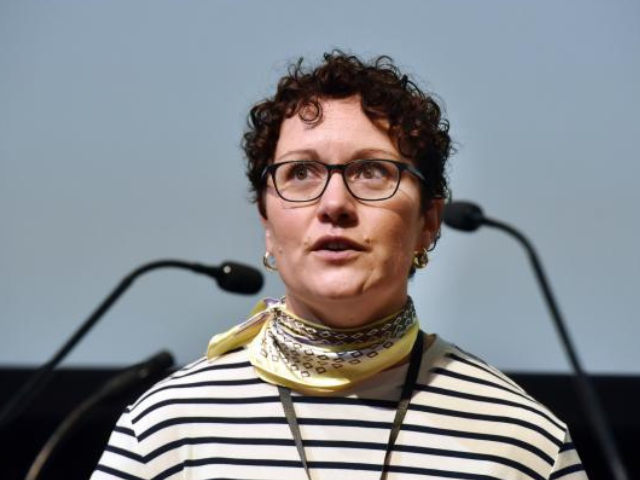
“What have car engines got to do with the quality of care I give my patients?”
Francesca Lewis, a therapy radiographer at Velindre Cancer Centre in Cardiff, was given the opportunity to spend three days immersing herself in “the Toyota way” at the carmaker’s factory in Deeside, North Wales.
At the Health and Care Research Wales annual conference, Francesca explained how the experience had given her valuable insight into how the NHS could make positive changes by adopting aspects of the carmaker’s culture. Francesca said, “To make an NHS of the future that meets modern demands, we need to step back and see if we need to make a cultural shift.”
While there was a similar sense of pressure – each shift must produce 500 engines, and “we [NHS staff] have to treat all our patients before we go home” - Francesca initially struggled to relate to the factory environment. “I thought, what makes this any different? But then we went out on to the factory floor and I understood why we were there.”
The first thing she noticed was that innovation is encouraged from the ground up, with staff actively supported to develop their ideas. For example, rather than spending additional time walking back and forth, one staff member developed a trolley that followed them down the conveyer belt, before retracting back to the start.
“That employee was encouraged to have that idea, own it and develop it. They allowed him to innovate and problem solve and as a result the conveyor belts moved more smoothly.”
Staff are also encouraged to ask for help, something which involves stopping production. Francesca found this particularly inspiring. Rather than expressing frustration, each time somebody pulled the cord, “somebody would immediately go to that person, they would problem solve and move on.”
This was perhaps her biggest takeaway: by taking time to step back, solutions became clearer and work could then move forward more smoothly.
With the support from her health board, Francesca is now embarking on a 12-month research project in coordination with Toyota to see how “the Toyota way” could be implemented within the radiotherapy department.
“This is how we make real, sustainable change; we do it alongside research.”